Mental Health First Aid (MHFA) training helps employees recognise signs of mental ill-health and gives them the confidence to respond to a co-worker in distress. Given the prevalence of mental health conditions in Australia, Mental Health First Aid is an essential skill set for any workplace to develop — no matter how many staff members you have.
We know that one in five Australian adults will experience a mental illness in any given year, and over a quarter of all Australian workers will take time off due to psychological distress or another mental health concern. In your workplace, at least one co-worker is likely experiencing a mental illness — whether you’re aware of it or not. Mental health concerns that go unchecked can lead to major issues, including lower productivity levels, increased absenteeism and negative relationships with workmates.
On average, Australian employees spend a third of their lifetime in the office, making it an ideal place to complete MHFA training. Our course is effective, and evidence-based and aims to be an essential element of your workplace mental health strategy.
Below, we run through three ways MHFA training can help promote a mentally healthy workplace.
Why MHFA Training Is So Important
Increasing Your Employees’ Mental Health Awareness
Many employers turn to MHFA training because it improves the mental health literacy of their staff. By completing our workshops, employees gain the knowledge, skills and confidence needed to support colleagues they are concerned about. When employees feel empowered to approach a co-worker in distress, it strengthens communication and builds stronger relationships in the workplace.
MHFA training also encourages employees to be open about their own experiences, ultimately helping to decrease mental health stigma. Having conversations about mental illnesses can be uncomfortable, but MHFA training provides the skills needed to approach what many people still consider a difficult topic. By talking openly about mental health at work, employees who may be experiencing mental ill-health are more likely to seek assistance.
Boost Work Performance
MHFA training can also enhance and improve your team’s overall work performance. When an individual experiences a mental condition, they may find it more difficult to complete everyday tasks, especially when it comes to their work. Some people who experience a mental illness may find they lack focus or motivation, and this means their work performance can decline. Mental ill-health can also take a toll on a person’s life outside work, and it is not uncommon for people with mental health conditions to struggle with insomnia or substance misuse. Because the impacts of a mental health condition can be so wide-reaching, it’s incredibly difficult to know how to assist a fellow employee.
MHFA training is designed to help your staff be there for a colleague in need. Our course will give participants an in-depth understanding of mental illnesses and how to best approach employees experiencing anxiety, depression or other health concerns. On completion, participants will know how to help their colleagues get the assistance they need. With the proper support, employees can perform their best at work.
Enhancing Company Culture
Even one employee experiencing a mental illness can influence the well-being of the entire workplace. A positive workplace culture depends on healthy, well-supported employees. When colleagues do not understand how to adequately support someone who is struggling, it’s unlikely that workplace wellbeing will improve.
MHFA training ensures employees understand how to best assist a person going through a mental illness. With the right skills and strategies, staff members can have supportive conversations and encourage early help-seeking. Knowing they have access to resources and a team to rely on in times of distress means employees may be more likely to open up and seek professional assistance – the impact of that first supportive conversation for any individual can be profound. Doing the course teaches your staff to learn to be more understanding of their colleagues, creating a more open and accepting culture.





























